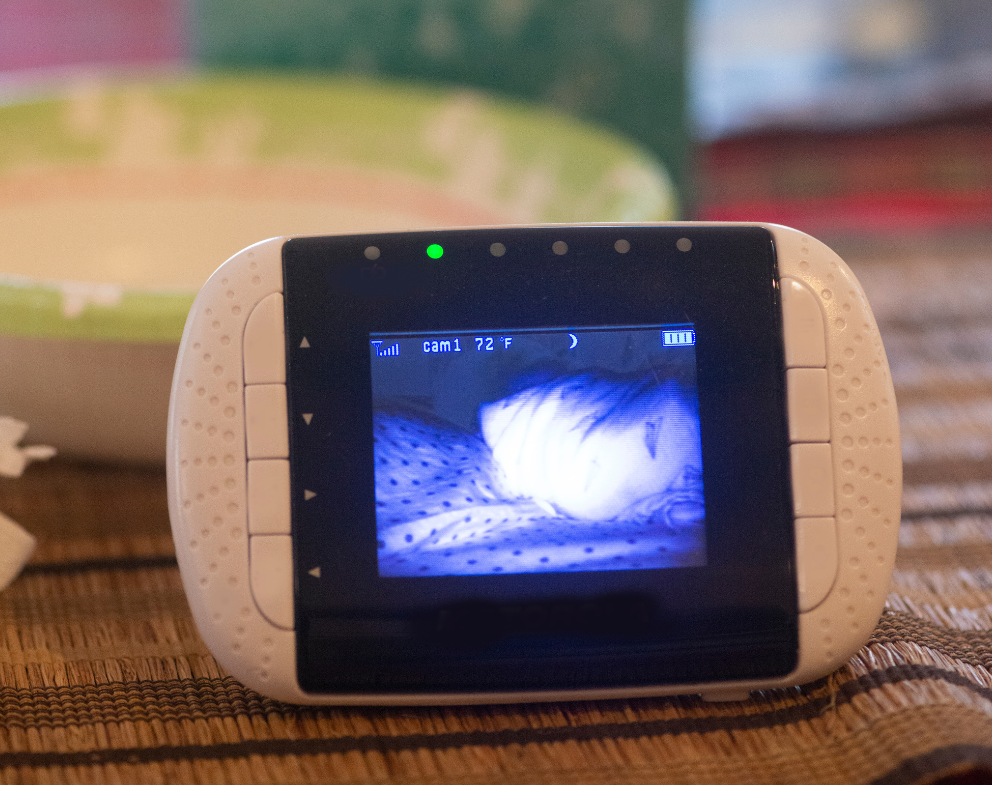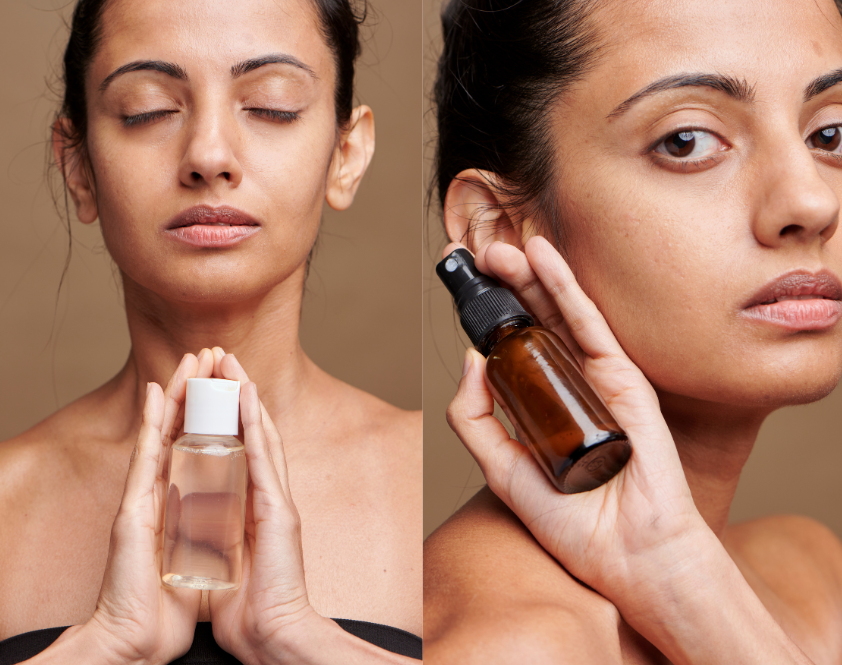Top Natural Deodorants: Effectiveness and Insights
Natural deodorants are gaining popularity as more people seek alternatives to traditional antiperspirants, which often contain aluminum. The question many have is whether these natural options can truly keep sweat and odor at bay. Yes, many natural deodorants effectively combat odor without harsh chemicals, making them a popular choice for health-conscious consumers. This shift towards … Read more










